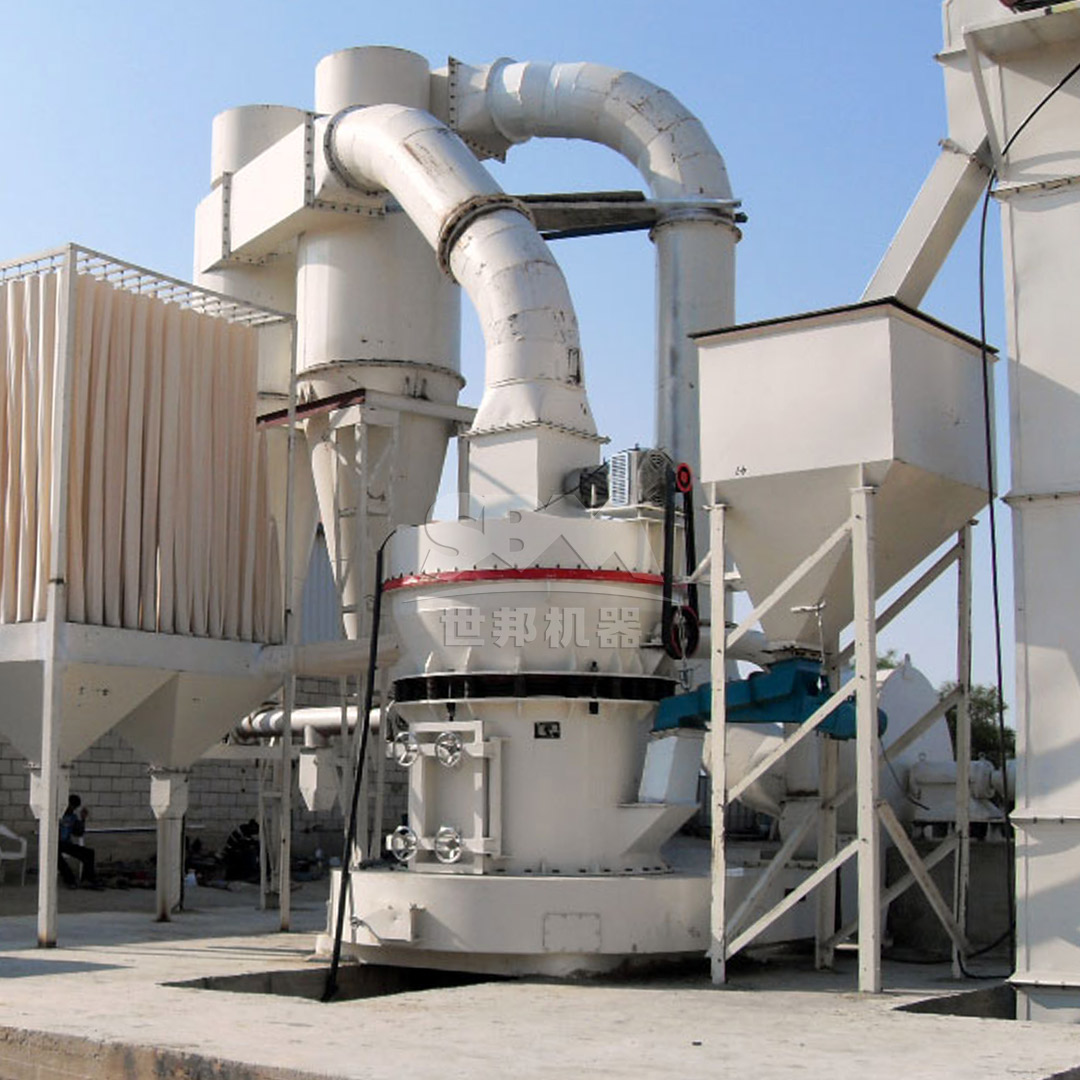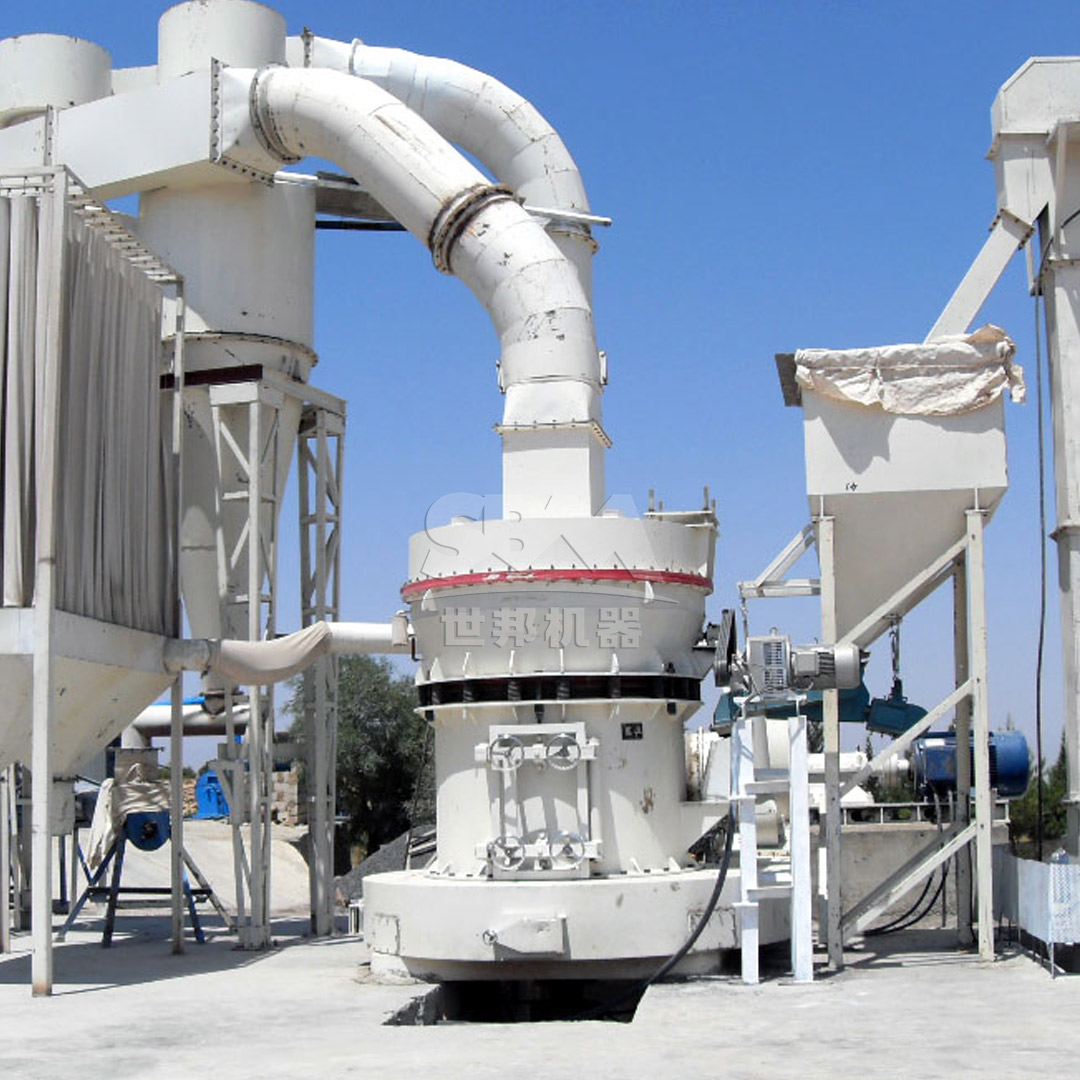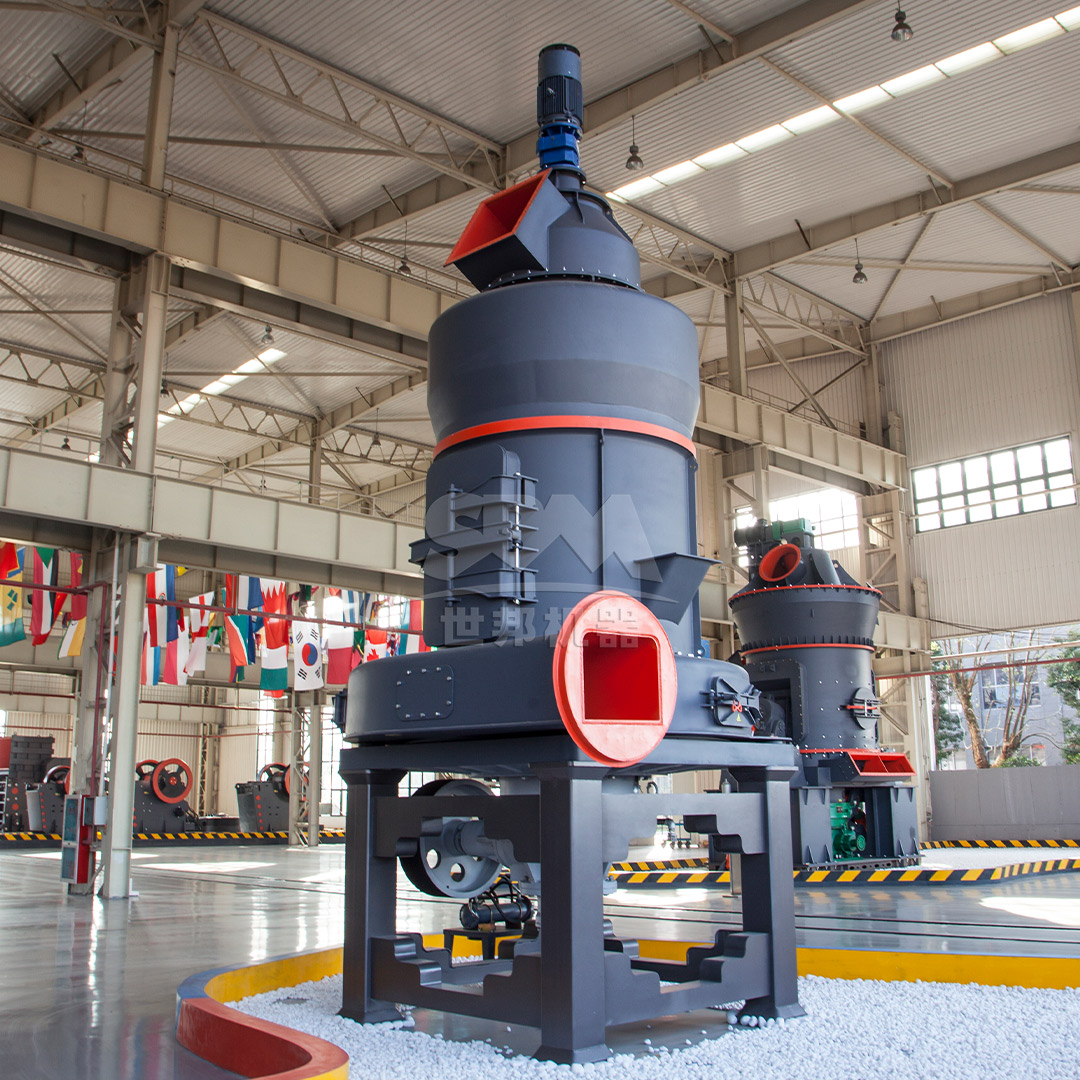The specialty glass industry demands exceptional material consistency and purity to achieve the desired optical, thermal, and mechanical properties in final products. Calcite, a naturally occurring mineral form of calcium carbonate (CaCO3), serves as a crucial raw material in many specialty glass formulations. Its primary function is as a flux, lowering the melting temperature of the silica batch, which reduces energy consumption during the fusion process. Furthermore, calcite contributes to the chemical durability and hardness of the finished glass. However, the performance of calcite is intrinsically linked to its particle size distribution (PSD), purity, and morphological characteristics after milling. Inconsistent or coarse calcite powder can lead to defects such as seeds, stones, and cords, compromising the glass’s structural integrity and optical clarity. This underscores the necessity for advanced, precision grinding technologies capable of delivering calcite powder with unparalleled fineness and uniformity.

Traditional grinding methods, including ball mills and Raymond mills, often fall short of the stringent requirements for high-end specialty glass. Common issues include:
These limitations necessitate a shift towards more sophisticated, controlled, and efficient milling solutions.
The evolution of roller mill technology has provided a definitive answer to the challenges of calcite processing for specialty glass. Modern vertical roller mills and ultrafine grinding systems operate on the principle of material-bed comminution, where particles are ground between a rotating table and stationary or rotating rollers. This method is significantly more energy-efficient than impact or attrition-based grinding, as the force is applied directly to the material layer rather than being dissipated through media collision.
A critical component of these advanced systems is the integrated dynamic classifier. Unlike static separators, dynamic classifiers use a rotating turbine to create a precise cut point. Particles finer than the target size are carried by the air stream to the collection system, while coarser particles are rejected back to the grinding zone for further size reduction. This closed-loop system ensures a consistently narrow PSD, which is vital for the homogeneous melting and chemical consistency required in specialty glass batches.

For specialty glass formulations requiring the highest levels of fineness and minimal contamination, the SCM Ultrafine Mill stands out as an optimal solution. This mill is engineered specifically for producing powders in the range of 325 to 2500 mesh (D97 ≤ 5μm), making it ideal for high-transparency and high-performance glass products.
| Model | Processing Capacity (ton/h) | Main Motor Power (kW) | Output Fineness (mesh) |
|---|---|---|---|
| SCM800 | 0.5 – 4.5 | 75 | 325 – 2500 |
| SCM900 | 0.8 – 6.5 | 90 | |
| SCM1000 | 1.0 – 8.5 | 132 | |
| SCM1250 | 2.5 – 14 | 185 | |
| SCM1680 | 5.0 – 25 | 315 |
An efficient calcite processing line involves more than just the grinding mill. A holistic system ensures seamless operation from raw material intake to final powder packaging. For a complete production line, we recommend a system that integrates the SCM Ultrafine Mill with complementary equipment.
A typical optimized circuit would include:

For specialty glass manufacturers with larger production volumes where the target fineness is in the 30-325 mesh range, the MTW Series Trapezium Mill presents a highly efficient and cost-effective alternative. Its robust design and advanced features make it suitable for primary or intermediate grinding stages in a multi-step milling circuit, or for direct use in glass products with less stringent fineness requirements.
By leveraging the specific strengths of the SCM Ultrafine Mill for ultra-fine applications and the MTW Series for high-capacity coarse-to-medium fine grinding, specialty glass producers can tailor their comminution circuit for maximum efficiency, product quality, and profitability.
The pursuit of excellence in specialty glass manufacturing is inextricably linked to the quality of its raw materials. Calcite, a fundamental flux agent, must be processed to exacting standards of fineness, purity, and consistency. Advanced roller mill grinding solutions, such as the SCM Ultrafine Mill and the MTW Series Trapezium Mill, provide the technological foundation to meet and exceed these demanding requirements. By adopting these energy-efficient, precise, and reliable grinding systems, glass manufacturers can achieve superior product quality, enhance production efficiency, reduce operational costs, and maintain a competitive edge in the global market. Investing in the right grinding technology is not merely an operational decision but a strategic imperative for leadership in the specialty glass industry.